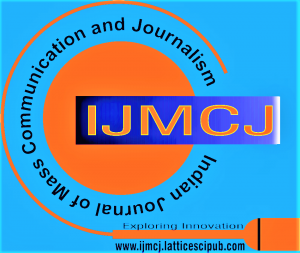![]()
English Lexical Competency of Engineering Specialties Students of Nonlinguistic Higher Institutions: The Cognitive Teaching Methods
Nataliia Tymoshchuk
Natallia Tymoshchuk, Vinnytsia National Agrarian University, Vinnytsia, Ukraine.
Manuscript received on 11 August 2021 | Revised Manuscript received on 20 August 2021 | Manuscript Accepted on 15 September 2021 | Manuscript published on 30 September 2021 | PP: 21-23 | Volume-1 Issue-1, September 2021. | Retrieval Number: A1004091121/2021©LSP
Open Access | Ethics and Policies | Cite | Mendeley | Indexing and Abstracting
© The Authors. Published by Lattice Science Publication (LSP). This is an open-access article under the CC-BY-NC-ND license (http://creativecommons.org/licenses/by-nc-nd/4.0/)
Abstract: The article deals with the problem of applying cognitive approach to teaching English terminological vocabulary to students of engineering specialties of higher educational institutions. Both the notion of “cognitive approach” and its interpretation by domestic and foreign scientists are considered. A comparative analysis of the formation of the English language lexical competence of students of engineering specialties has been carried out. It is proved that mastering of foreign language professional vocabulary is one of the main components professional foreign language because it increases the educational process efficiency, contributes to the formation of a competent specialist, competitive in modern conditions. It has been proved that the cognitive approach to teaching technical vocabulary significantly improved the students’ ability to memorize the new terminological effectively.
Keywords: Both the notion of “cognitive approach” and its interpretation by domestic and foreign scientists are considered.
